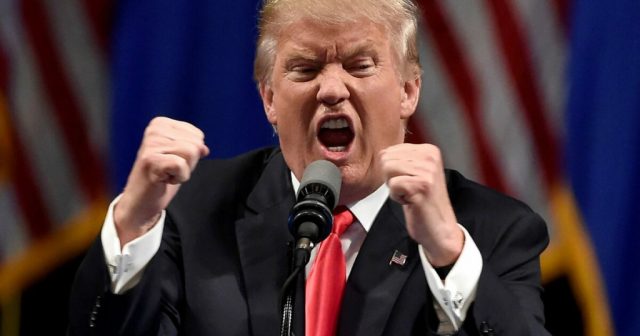Trump Expands Steel and Aluminum Tariffs to All Countries
President Donald Trump has announced a significant expansion of U.S. steel and aluminum tariffs, imposing a 25% duty on all imports and eliminating exemptions previously granted to allies such as the European Union, the United Kingdom, and Japan. The move, set to take effect in March, aims to bolster domestic production and address what the administration calls unfair trade practices by foreign competitors.
The new executive orders build on tariffs initially imposed in 2018, which placed a 25% duty on steel and a 10% duty on aluminum. The updated policy raises the aluminum tariff to 25% and closes loopholes that allowed certain countries to avoid the full impact of the tariffs. A White House official stated that the measures are a response to the Biden administration’s failure to protect U.S. industries from foreign competition, particularly from China and Russia.
The decision effectively cancels existing agreements with key allies, including the EU, UK, and Japan, which had negotiated tariff-rate quotas (TRQs) to replace the original tariffs. The White House accused these countries of abusing exemptions and voluntary agreements, with China and Russia allegedly transshipping steel through Canada and Mexico. South Korea, Brazil, and other nations were also cited for exploiting trade arrangements to flood the U.S. market.
Domestically, Trump’s move has been praised by industry advocates, including Howard Lutnick, his nominee for Commerce Secretary, who highlighted the potential for job creation in the steel sector. However, U.S. businesses reliant on imported metals have expressed concerns about rising costs. Internationally, Canada, the largest supplier of steel and aluminum to the U.S., called the tariffs “totally unjustified,” while the EU warned of “firm and proportionate countermeasures.”
The announcement triggered a surge in share prices for major U.S. steelmakers, with Cleveland-Cliffs rising nearly 20%. However, the Canadian dollar and Mexican peso fell, reflecting fears of economic fallout. Analysts remain skeptical about the long-term impact, noting Trump’s history of negotiating exemptions and delaying tariff enforcement.




